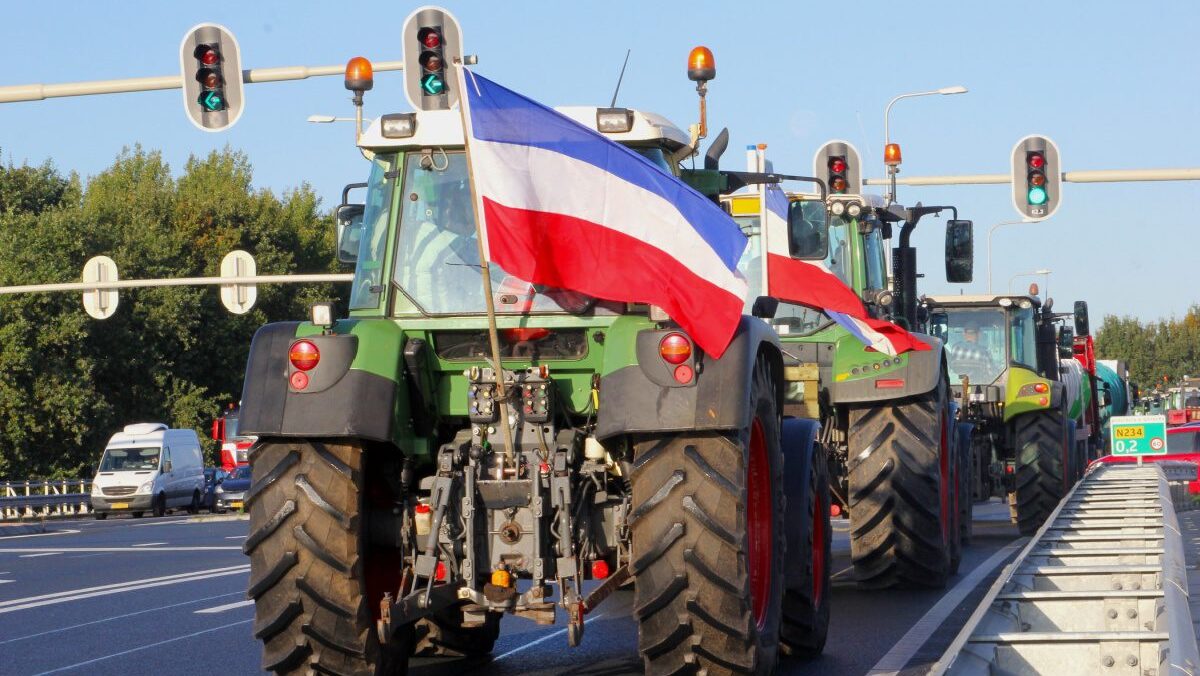
The UN’s special rapporteurs are all appointed by the Human Rights Council, and the people who are chosen are those whose main interest is to condemn the West, colonialism, and capitalism.
The Farmer-Citizen Movement (BBB) has sent shock waves through mainstream Dutch politics. In March’s provincial elections, the BBB secured 15 out of 75 seats in the upper house of parliament and garnered nearly 20% of the vote. This remarkable performance positioned the BBB to become the largest political party in the Dutch Senate. However, the party has now suffered a marked slowdown and polls suggest it can command only around 8% of the vote, making it the fourth-largest political force in the country.
Established in 2019, the party has strong connections with farmer protest groups and rural communities who have felt overlooked by the Rutte government. The current leader of the party is Caroline van der Plas, a 55-year-old lawmaker and former agricultural journalist known for her signature green nail polish and a ring featuring an upside-down Dutch flag that symbolizes the farmer protests. In European politics, the party is regarded as Eurosceptic. The BBB supports Dutch membership of the EU for trading purposes, but it wants to reduce the power of the EU “to a level of how the EEC was once intended,” and it opposes federalization of the EU. The party argues that each country and region within the EU should be allowed to maintain its identity and culture without interference.

In the March 2021 national elections, the BBB won one seat in the parliament. With those results in mind, I interviewed Henk Vermeer, a co-founder of the BBB and key figure within the party alongside Caroline van der Plas and Wim Groot Koerkamp. I asked him how the party is preparing for the elections in light of the fact that one of its biggest enemies, former commissioner Frans Timmermans, is ahead in all the polls to be next prime minister.
There is no secret. We try to work from common sense and to see seats and polls not as a goal but as the result of our efforts. We are honest with voters, we stand up for groups in society that do not feel heard, and we also publish a lot about this on our social media.
A week before the election, I told a reporter that I thought we could beat the polls. We saw extreme results in Drenthe and had a large social media reach with little money. I had a feeling strange things were going to happen. Together with Anky Greekpoor, the municipal secretary in Medemblik, I organized seminars for everyone to prepare them for what we would have to do if we became the biggest party. As a campaign leader, it’s important for me to inspire people and get everyone involved. I like to think about the future. I’ve learned to think things through and bring people along with me, because if I run ahead, I’ll lose everyone when I turn a corner.
It is not correct that the soil contains a high level of environmentally harmful nitrogen compounds from both animal manure and fertilizers. There are areas with an excess of nitrogen, but other factors also play a role, such as drought and population density. Dutch agriculture is very efficient, sustainable, and animal-friendly, and the rest of the world can learn something from that. Removing production from the Netherlands will lead to less environmentally and climate-friendly production in other countries.
Yes.
Yes, we will use our election manifesto in any negotiations.
We will judge him and his party and himself by their statements and actions. He knows our election manifesto and our breaking points regarding nitrogen.
We have not yet chosen a faction in the EU parliament, but we are discussing this with several parties. Perhaps because of our last election victory, we are seeing a more realistic view emerging in Europe of agriculture and the climate approach—less hysteria and more realism.
